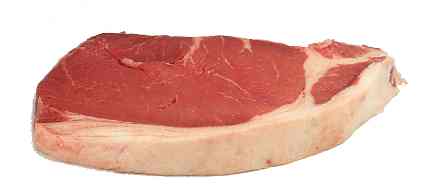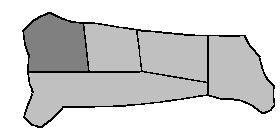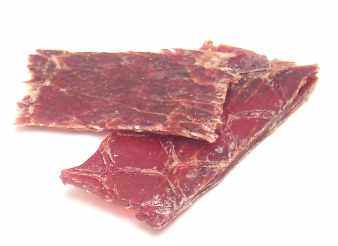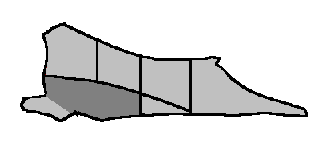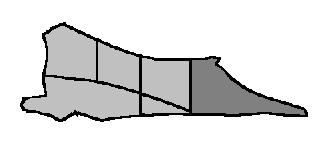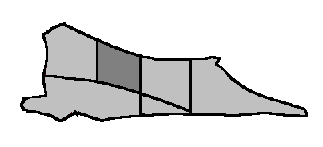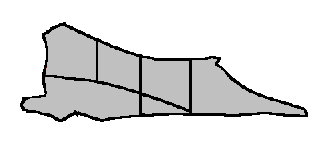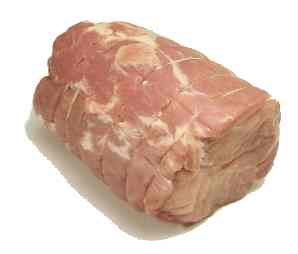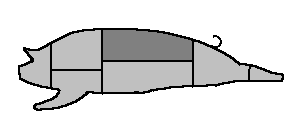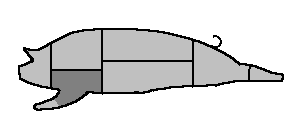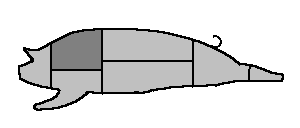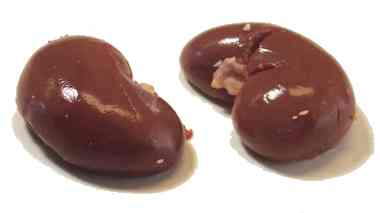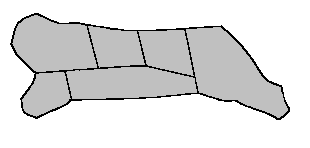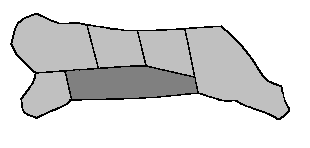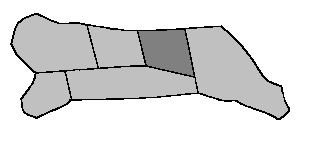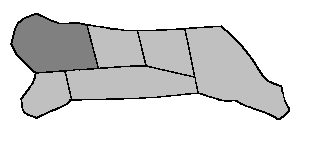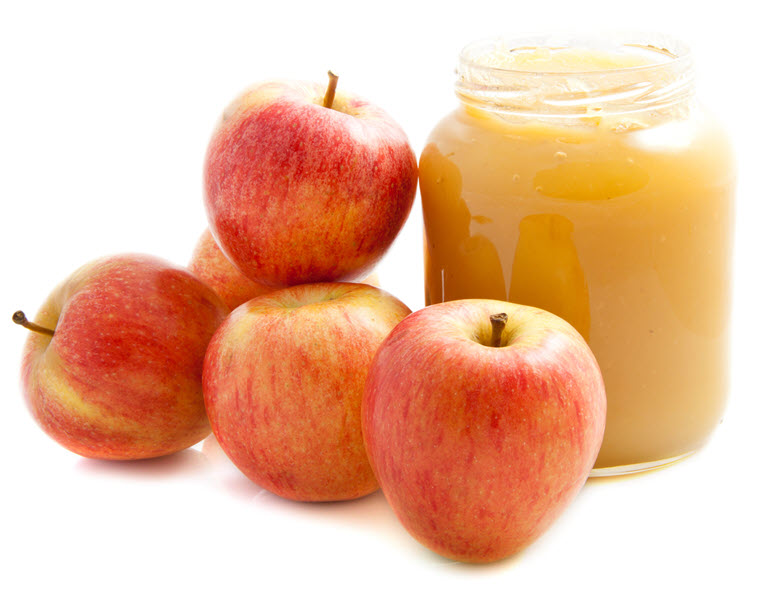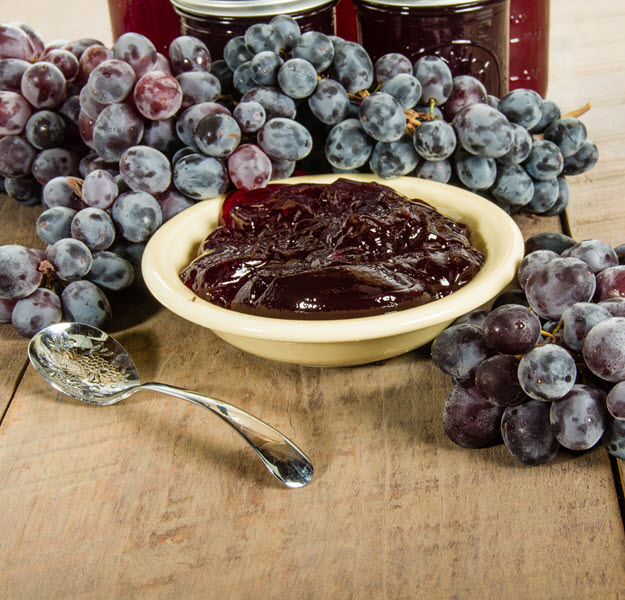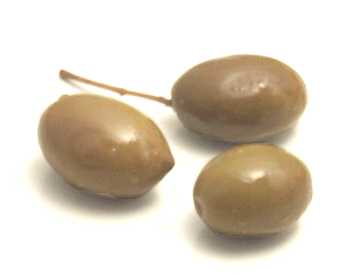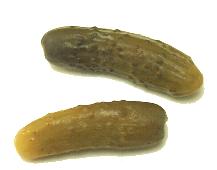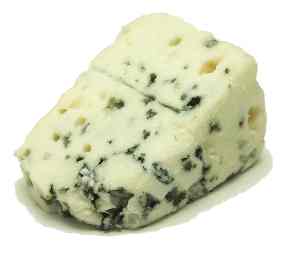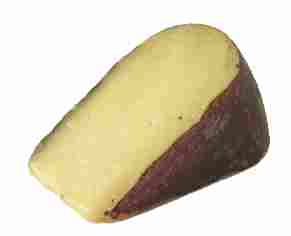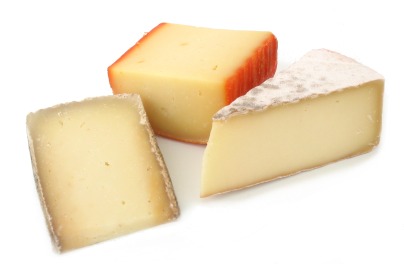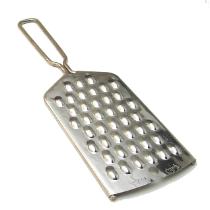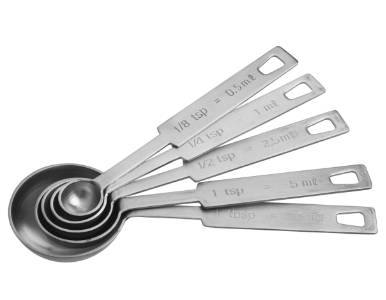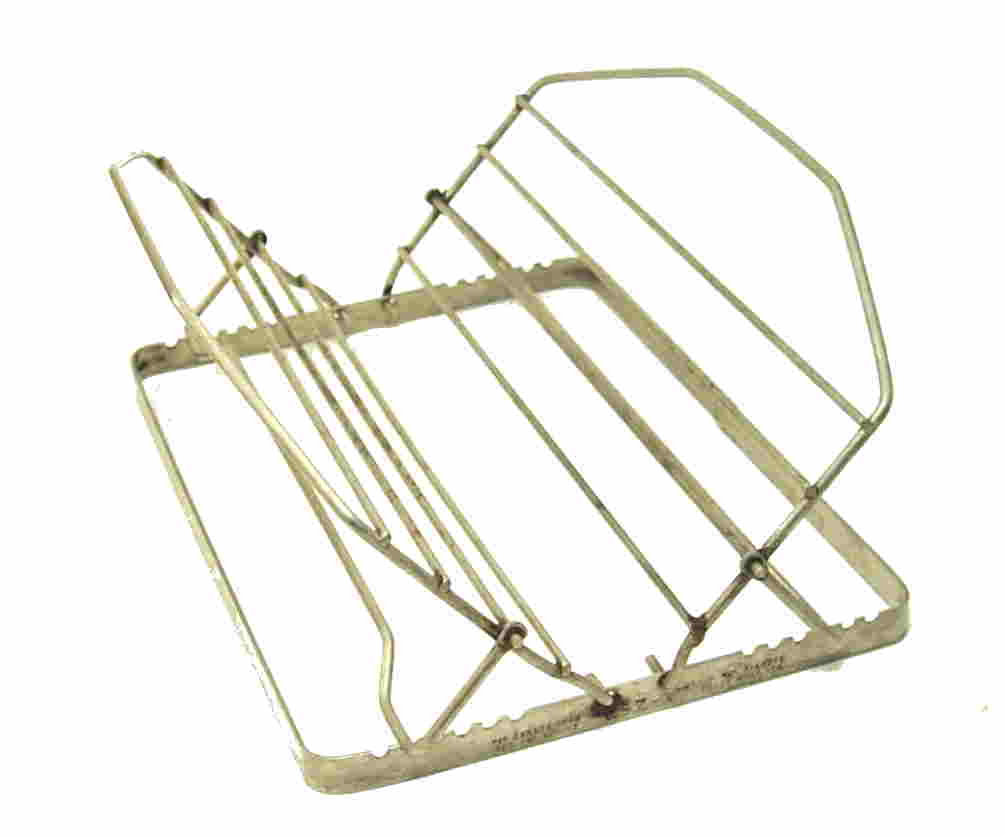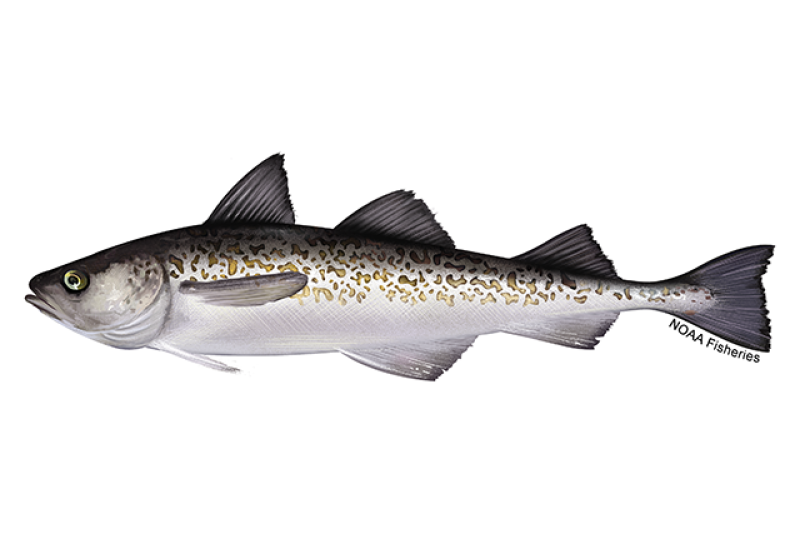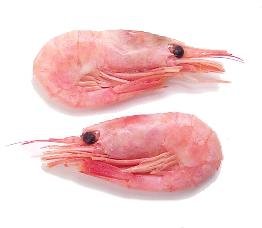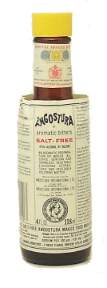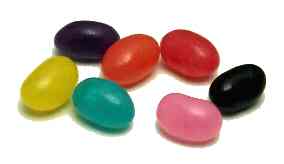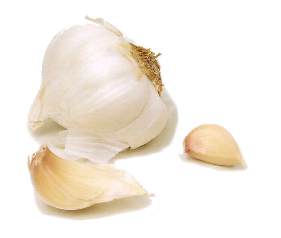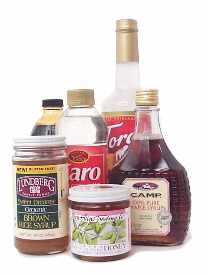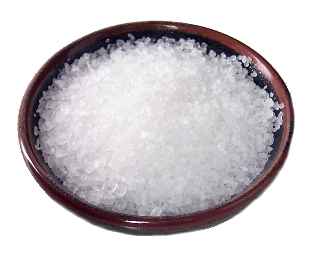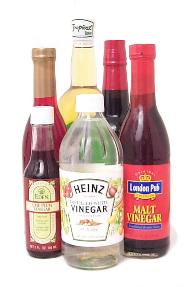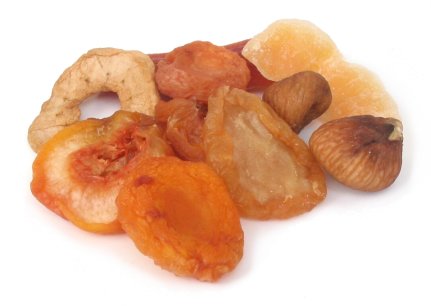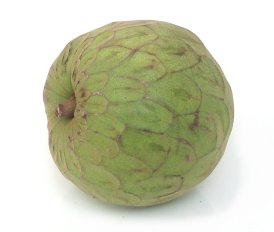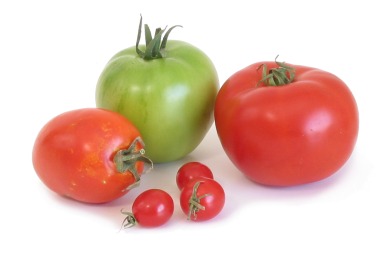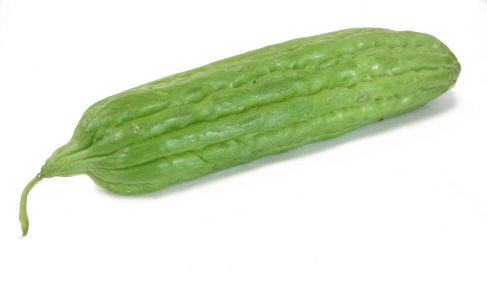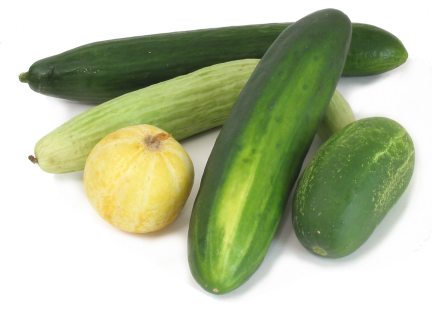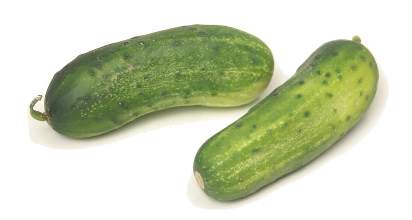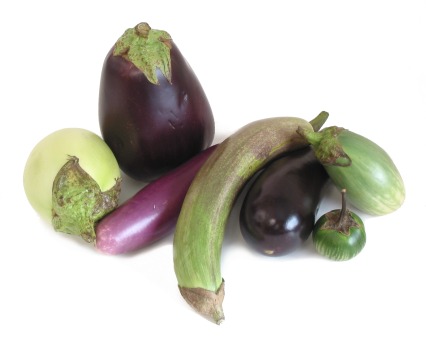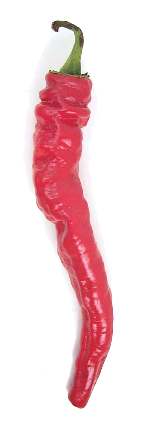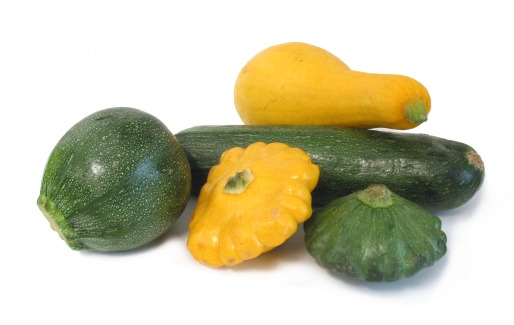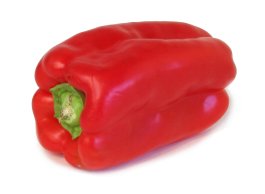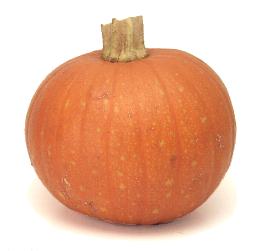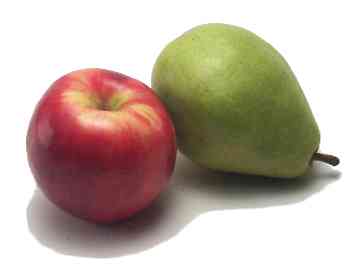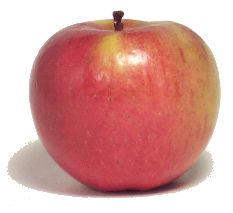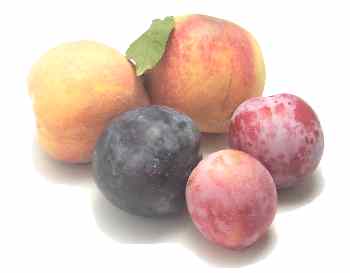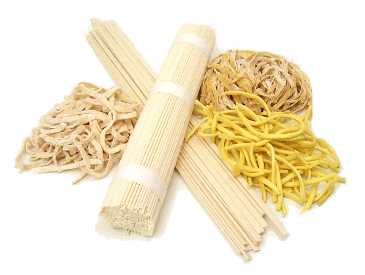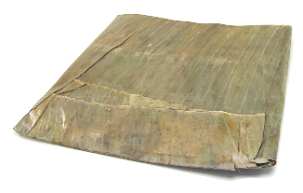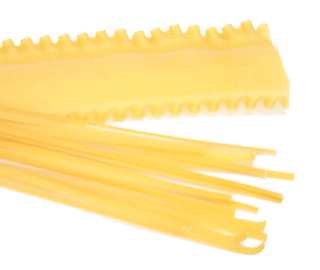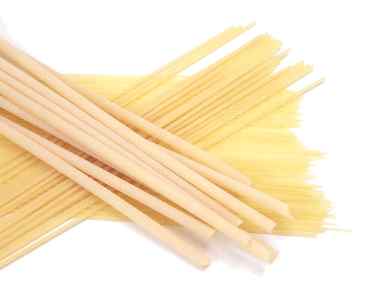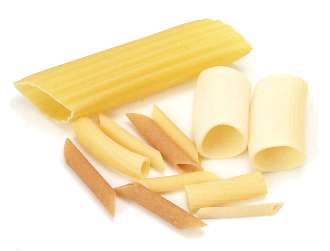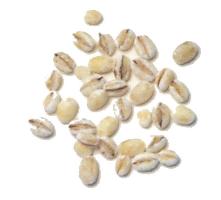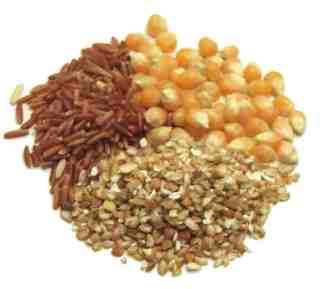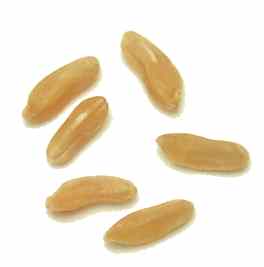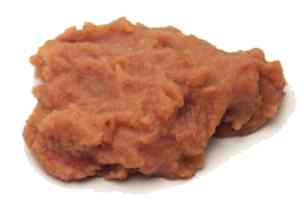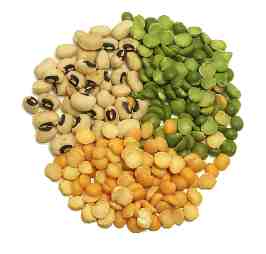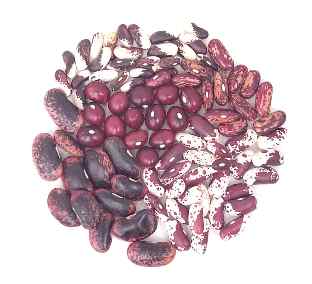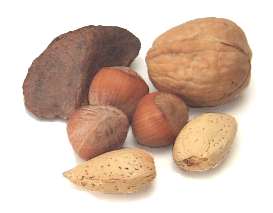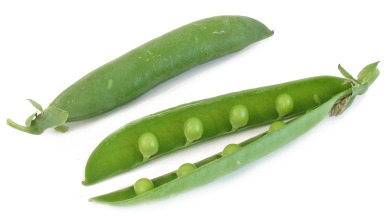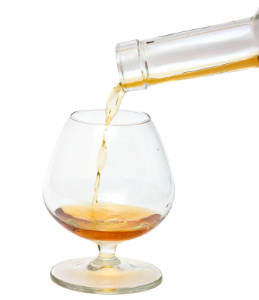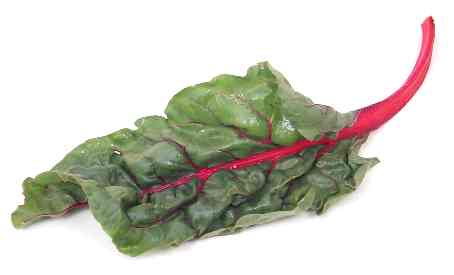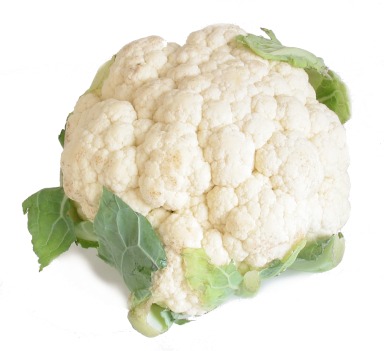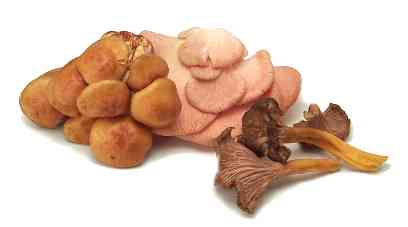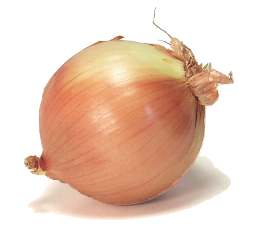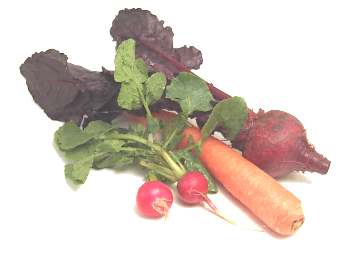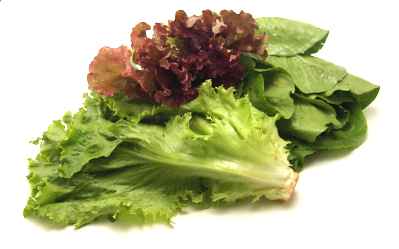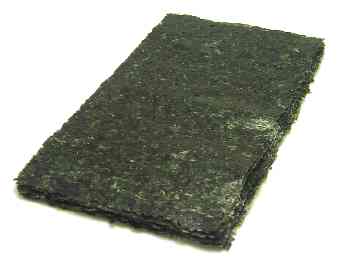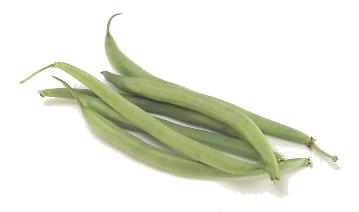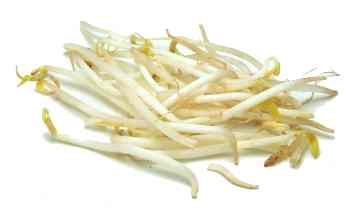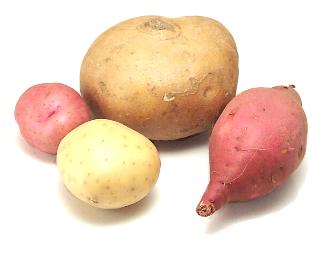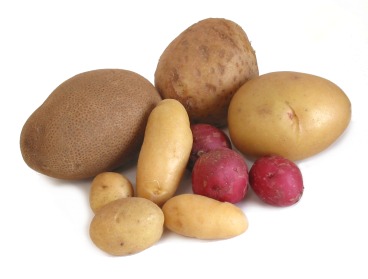Cured Meats Category

Including ham, cold cuts, sausages, and bacon.
cotechino
This is a mild and fatty Italian pork sausage. The links should be pierced before cooking to allow some of the fat to drain out.
Learn morecountry ham
These are made by rubbing salt over a fresh ham and then hanging it out to dry. They're often smoked as well. They tend to be salty, but gourmets often prefer them over city hams. You cook them either by simmering them in water or frying them. Some people soak them in water first to leech out some of the salt. Mold often forms on country hams, but it's harmless and should simply be scrubbed off. Country hams are common in the Southeast; elsewhere you can get them by mail order, or at Chinese markets. Varieties include Virginia ham and Smithfield ham.
Learn morecsabai
This is a Hungarian smoked sausage that's heavily seasoned with paprika. Rings of it are sold in German delis.
Learn moreculatello
This expensive, dry-cured red ham hails from Parma. It's usually sliced paper-thin and served like prosciutto. It's hard to find in the United States.
Learn moreCumberland sausage
This British pork sausage is usually displayed in markets as a long coil, and it's sold by the length rather than by the link. It's often baked in the oven with cabbage and potatoes.
Learn moredeviled ham
This is a dip or sandwich spread made with chopped ham, sour cream, and various seasonings.
Learn morefatback
This is a slab of fat that runs along the back of a pig. You can render it into lard, cut it into barding strips to wrap around lean roasts, or use it to line terrine or pâté pans. It you're cutting it into sheets, it helps to put it in the freezer first until it's firm. It's also sometimes cured like bacon. It's hard to find, ask your butcher.
Learn morefoie gras entier
This pricey French delicacy is simply goose or duck liver that's been lightly cooked. When aged, it becomes very rich and flavorful. Goose livers are tastier and more expensive than duck livers. Some people refuse to eat foie gras because the animals are force-fed to enlarge their livers.
Learn moreFrench andouille sausage
This is a French sausage made of tripe that has waned in popularity over the years as people have come to afford better cuts of meat. When formed into smaller links, it's called andouillette.
Learn moregelbwurst
This pork and veal sausage is very mild and fine-grained. The name means "yellow sausage" in German, but that refers to the color of the casing rather than cream-colored sausage itself. You can put it into sandwiches or pan-fry it. It's called "diet bologna" in Germany since it's relatively low in fat.
Learn moregoetta
This is Cincinnati's answer to scrapple. It's a mixture of pork, beef, and oatmeal, and it's usually fried.
Learn moregritzelwurst
This is a family of German sausages made of pork scraps and a grain, like oats or barley. It's usually fried, much like goetta or scrapple.
Learn moregrützewurst
This is a German sausage sold in links that's usually not smoked, or only lightly smoked.
Learn moreguanciale
Guanciale is a cured pork product that's similar to pancetta, except it's made from the pork jowl rather than the belly. As a result, guanciale is much fattier, which allows it lend a richer, more buttery flavor to Italian sauces.
Learn moregypsy bacon
This Hungarian specialty consists of a slab of bacon that's been roasted and then seasoned with paprika. It's then cut into thin slices and served on rye bread. Look for it in German or Hungarian markets.
Learn morehaggis
This large Scottish sausage is made by stuffing a sheep's stomach with the animal's heart, lungs, and liver, and then adding oatmeal, onion, fat, and seasonings. It's usually steamed before serving.
Learn morehalf ham
Whole hams are too large for many families to handle, so manufacturers often cut them in half. The butt half = butt end is higher up on the hog, and is meatier, fattier, easier to carve, and more expensive. The shank half = shank end = hock half = hock end is leaner and, some say, sweeter.
Learn moreham
A ham is a pork cut that's taken from a hog's upper hind leg. There are three types of American hams: city hams, country hams, and fresh hams. City hams are the most common. They're soaked in brine (or injected with it) and then boiled or lightly smoked. Many gourmets prefer country hams, which are dry-cured and then smoked and aged for added flavor. Fresh hams aren't cured at all and need to be cooked. America also imports several dry-cured hams from abroad, including prosciutto, Bayonne ham, Serrano ham, Black Forest ham, Westphalian ham, York ham, and Ardennes ham. These hams are similar to our country hams, except that they're often eaten raw while country hams are usually served cooked. Ham is relatively low in fat, but even low-salt hams are high in sodium.
Learn moreheadcheese
This is made from parts of the hog's head, which are boiled together with spices and gelatin, then cooled and sliced. The result is a mosaic of meat chunks. It's good in sandwiches.
Learn morehot dog
An American staple, hot dogs are mild, smoked, and usually skinless sausages that are traditionally served in a bun with relish and mustard. They've declined in popularity in recent years because they're relatively high in fat and sodium.
Learn moreIrish bacon
This is a lot leaner than American bacon. Note that Canadian bacon also is sometimes called back bacon.
Learn moreItalian sausage
This is a pork sausage that's often added to pasta sauces. Varieties include sweet Italian sausage = mild Italian sausage, which is flavored with garlic and fennel seed, and hot Italian sausage, which also has a shake or two of crushed chile peppers. It's sold either as links or in bulk. Cook thoroughly before serving.
Learn morejagdwurst
This is a coarse, mild German cold cut that's often served on sandwiches with mustard. It's made of pork, beef, and sometimes garlic.
Learn morekassler rippchen
German delis sometimes stock these pre-sliced smoked pork chops. They're fully cooked.
Learn morekielbasa
Kielbasy are smoked Polish sausages made with pork and/or beef and flavored with garlic, pimento, and cloves. They come already cooked, but most people heat them before serving.
Learn morekishke
This Jewish specialty consists of beef intestines stuffed with matzo meal, onion, and suet.
Learn moreknackwurst
These smoked beef sausages are seasoned with lots of garlic. They should be cooked before eating, and they're often served like hot dogs or smothered in sauerkraut.
Learn morekolbasz
This Hungarian sausage is similar to Polish kielbasa, except that it has paprika added to it.
Learn morekrakauer
This is like bologna, only it's studded with chucks of ham. You can serve it cold in sandwiches, or fry it for breakfast.
Learn morelachsschinken
This dry-cured smoked pork loin is wrapped in a thin layer of fat. It hails from Bavaria.
Learn morelandjager
Landjager is a dried, smoked German sausage that needs no refrigeration. Its name comes from "lang tige," which means "smoked for a long time" and "jäger," which means hunter, and refers (one hopes) to it being a convenient snack for hunters to bring on their excursions. Landjager fills the same niche as the American Slim Jim, but it's chewier and less greasy. Look for thin flat sticks of it in German delis.
Learn moreLebanon bologna
This is a highly seasoned smoked beef sausage based on a Pennsylvania Dutch recipe.
Learn moreleberkäse
Despite its name ("liver cheese" in German), this Bavarian specialty contains neither liver nor cheese. It's a pork, beef, and veal meatloaf with the color and consistency of bologna. Germans like to fry thick slices of it and serve them with potatoes.
Learn morelinguiça
This is a spicy Portuguese smoked garlic sausage. You need to cook it before serving it.
Learn moreliverwurst
This is a family of pork liver sausages that are creamy enough to spread. One variety is braunschweiger, which is smoked liverwurst.
Learn more



